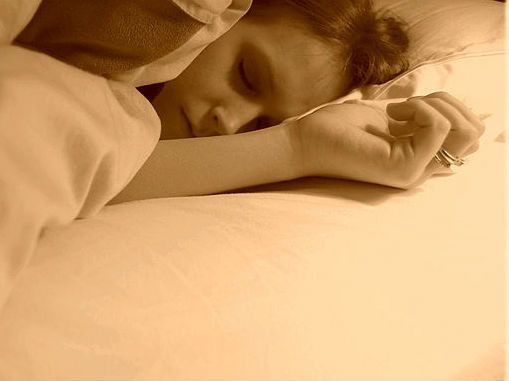
Sigmund Freud is regarded as the “father of psychoanalysis”. He analysed dreams as a way to understand personality in relation to pathology – the science of disease – and revolutionsied the study with his work: “The Interpretation Of Dreams”.
This continues to be examined as dreams and sleep parasomnias – disorders like night terrors and sleepwalking – still plague people today. The Sleep Disorders Clinic at the Mater Private Hospital in Dublin is the only clinic in Ireland providing a full range of sleep disorder services.
Senior Sleep Technologist for the clinic, Sarah Keane, spoke to The College View about the diversity of sleep studies and her work as a cognitive behavioural therapist who deals with parasomnia issues.
According to the clinic, most sleep disorder cases affect patients’ lives badly because they have trouble sleeping on a regular basis. This can result in an inability to concentrate, low energy levels and poor health. Patients are seen by a sleep consultant at the clinic before they stay in the hospital overnight so that their sleep can be monitored by machines and cameras.
“Brain activity is monitored to see if there is a possibility of neurological problems such as seizures, affecting a patient”, says Keane. Sleep disorders are on the rise with stress levels increasing in individuals as a result of work and other issues and the sleep clinic sees around 30 to 40 patients a year.
Dreaming is a mental activity that every human being shares. “We dream every night and dreams are split into three parts. We have around four to five dream cycles per night, lasting around 45 minutes each. The dreams we have at the start of the night are shorter and lengthen as the night goes on,”says Keane. Effectively, dreams can occur as a result of medication that an individual is taking which can further cause hallucinations.
Freud believed that through dreams, “you are able to get a glimpse into your unconscious”. Keane reiterated this as she says that nightmares are often triggered by a childhood memory or experience that remained in the subconscious mind.
A nightmare is not a dream because it’s happening in “deep sleep in stage three” and afterwards, people can develop a fear of falling asleep. Keane says that when this happens, cognitive behavioural therapy could be used to help a person control what is happening and develop the skills to cope.
To ensure a good night’s sleep, it is recommend that you finish using laptops, smartphones and watching television at least two hours before going to bed. “The led light from laptops stimulates the brain due it’s position 30 centimeters away from the face – this creates an alertness in your brain that remains if you fall off to sleep. You could wake up soon after and it then fragments your sleep,” says Keane.
“We only remember our dreams if we wake from them, that’s why many people remember their dreams first thing in the morning because they would have awoke from their third dream cycle. If people do not remember their dreams they have slept through their full dream cycle.”
So if you fear you do not dream, don’t worry yourself. You have a regular sleeping pattern and there are many who don’t.
Catriona Hughes
Image: wikimediacommons

Leave a Reply